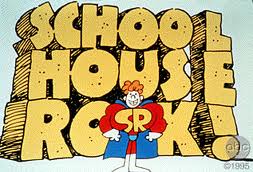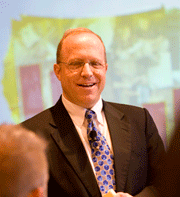
Tim Mikulski
White House Blogs on Arts Education
Posted by May 16, 2011

Tim Mikulski
Late last week Melody Barnes, director of the White House Domestic Policy Council, took to the White House website to inform the voting public of the recent President's Council on the Arts and Humanities (PCAH) report, Reinvesting in Arts Education: Winning America's Future Through Creative Schools.
Although the report recently made a splash in the arts education world and it was picked up for publication in some publications across the country, it was comforting to see that Ms. Barnes felt it important to utilize the stature of whitehouse.gov to spread the word, too.
In addition to highlighting the work of PCAH, Barnes also spotlighted the first family's series of concerts (and poetry reading) held at their home since moving to Pennsylvania Avenue.
Read More











































